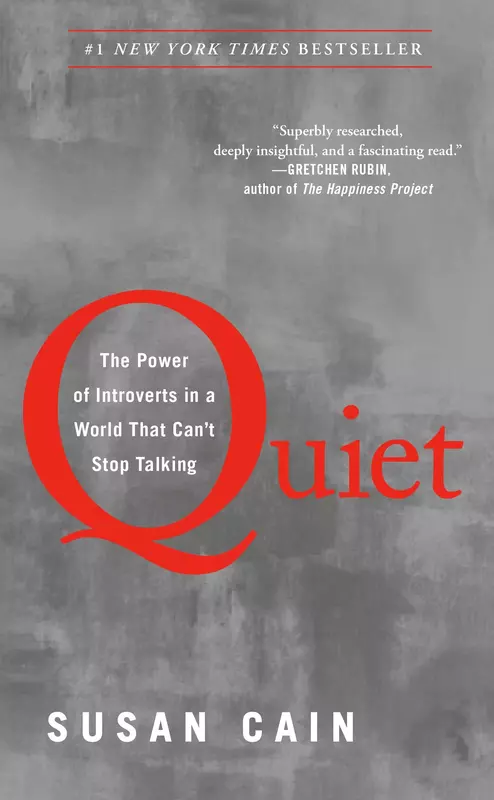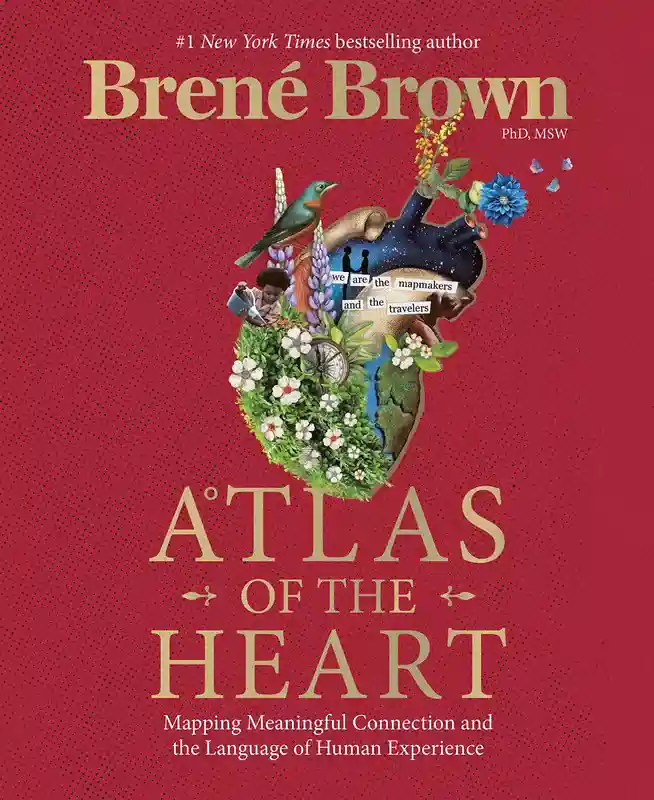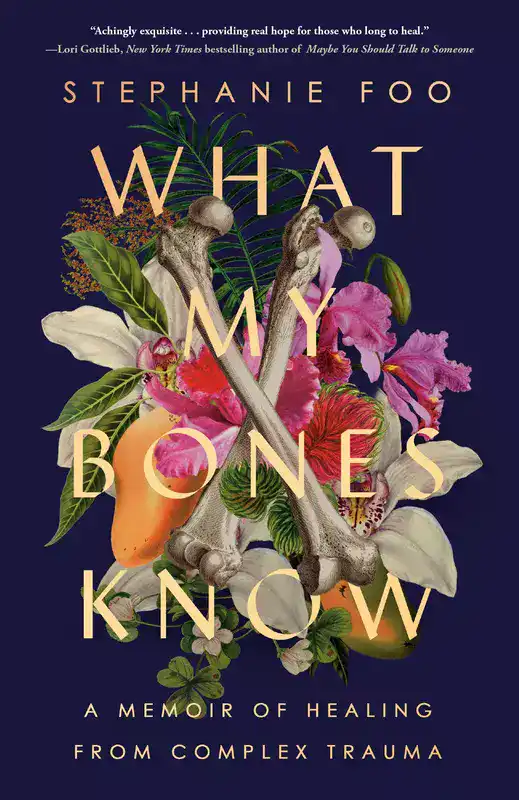This post may contain affiliate links. Read more here.
Book club questions for Bittersweet by Susan Cain invite readers to explore the human experience of longing, poignancy, and sorrow. Cain introduces the concept of the “bittersweet state of mind,” which arises from our acute awareness of passing time and the beauty of the world.
Susan Cain is a gifted author and speaker who has made significant contributions to our understanding of introversion, quiet leadership, and now, the bittersweet state of mind. Her ability to combine research, storytelling, and memoir has resulted in deeply insightful and relatable books that have resonated with readers around the world.
In Bittersweet, Cain once again shows her mastery of weaving together personal anecdotes, scientific findings, and cultural observations to offer a compelling perspective on the human experience.
In her book, she argues that embracing this state of being can lead to creativity, connection, and transcendence. Cain shows how acknowledging our own heartache can help us transcend personal and collective pain, and turn towards one another.
The following book club questions will help you delve deeper into Susan Cain’s exploration of the bittersweet state of mind, and how it can lead to greater creativity, connection, and transcendence.
Whether you’re reading alone or with a group, I hope these book club discussion questions will enhance your exploration of Bittersweet by Susan Cain! ✨
The Synopsis
Bittersweetness is a tendency to states of longing, poignancy, and sorrow; an acute awareness of passing time; and a curiously piercing joy at the beauty of the world. It recognizes that light and dark, birth and death—bitter and sweet—are forever paired.
If you’ve ever wondered why you like sad music . . .
If you find comfort or inspiration in a rainy day . . .
If you react intensely to music, art, nature, and beauty . . .
Then you probably identify with the bittersweet state of mind.
With Quiet, Susan Cain urged our society to cultivate space for the undervalued, indispensable introverts among us, thereby revealing an untapped power hidden in plain sight. Now she employs the same mix of research, storytelling, and memoir to explore why we experience sorrow and longing, and how embracing the bittersweetness at the heart of life is the true path to creativity, connection, and transcendence.
Cain shows how a bittersweet state of mind is the quiet force that helps us transcend our personal and collective pain, whether from a death or breakup, addiction or illness. If we don’t acknowledge our own heartache, she says, we can end up inflicting it on others via abuse, domination, or neglect. But if we realize that all humans know—or will know—loss and suffering, we can turn toward one another.
At a time of profound discord and personal anxiety, Bittersweet brings us together in deep and unexpected ways.
In love with literature? Try audio books or writing classes
for free for 30 days.✨
Selected Reviews for The Writing Retreat
“A thoughtful examination of the melancholic disposition . . . a unique blend of psychology, biography, spirituality, musical references and pop culture. For those feeling sorrowful or dealing with a loss, the idea of transforming pain into creativity, transcendence and love is a compelling one. Cain does an excellent job of using research, case studies and personal stories to justify her argument. It is a unique view in a culture that tends to medicate strong feelings rather than welcome them.”—The Wall Street Journal
“Susan Cain’s Bittersweet grabs you by the heart and doesn’t let go. I’ve thought about the depth and beauty in Cain’s research and storytelling every day since I finished the book. I will always be grateful for how much Quiet and Bittersweet have helped me understand myself and how I engage with the world.”—Brené Brown
“This is the rare book that doesn’t just open your eyes—it touches your heart and sings to your soul. Susan Cain gave a voice to introverts, and now she masterfully paints our heaviest emotions in a light that’s long overdue. Bittersweet is the perfect cure for toxic positivity and a sparkling ode to the beauty of the human condition.”—Adam Grant
Book Club Questions for Bittersweet
Spoiler alert: my book club questions may contain spoilers, so make sure to discuss them after you’ve finished reading.
- The concept of bittersweetness suggests that joy and sorrow are inextricably intertwined. How has this idea influenced your perception of life experiences, such as the birth of a child, the death of a loved one, or major life changes? Can you recall a specific moment where you felt the poignancy and complexity of bittersweetness?
- Susan Cain notes that people often listen to sad music more frequently than happy music. Why do you think this is the case? Can you identify any songs or musical artists that you associate with feelings of bittersweetness or nostalgia? How do these songs or artists make you feel and why?
- If you could go back and give advice to your younger self, what would you say? How have your experiences of joy, pain, and growth shaped who you are today? What lessons have you learned along the way, and how have they helped you navigate the bittersweetness of life?
- Society often places pressure on individuals to always present a positive and optimistic demeanor, even in the face of difficult circumstances. How do you think the bittersweet lens can serve as an antidote to toxic positivity? In what ways can embracing the full range of emotions help us to connect with others and live more authentic lives?
- The Bittersweet Quiz evaluates one’s emotional sensitivity to art, music, and nature. How do you think emotional sensitivity contributes to creativity, empathy, and connection with others? In what ways do you think societal expectations around emotional expression may inhibit the development of emotional sensitivity?
- Loss is an inevitable part of the human experience. What coping strategies have you found helpful in moving through difficult times? How have you found ways to connect with what matters and move from bitterness to sweetness? Can you recall a specific moment where you experienced a significant shift in perspective or emotional state?
- Longing is a common human experience that can be both painful and motivating. How have you experienced longing in your life, and how has it influenced your actions and decisions? How do you balance the tension between longing for something that may never come to fruition and appreciating the present moment?
- In Bittersweet, Susan Cain suggests that acknowledging the shared experience of loss and suffering can help us connect with others, even those with whom we disagree. How can this perspective be applied in today’s polarized climate, where people often seem more interested in winning arguments than in understanding each other? Can recognizing the universal nature of pain and hardship help us find common ground and bridge the gaps that divide us?
- In what ways can acknowledging and embracing our own heartache help us to avoid inflicting pain on others? Do you agree with Cain’s assertion that ignoring our own pain can lead to negative behavior towards others?
- The passage of time is a universal experience that can evoke feelings of both joy and sorrow. Can you recall a specific moment where you felt a deep awareness of the passing of time? How did this moment impact you, and what did it teach you about the nature of bittersweetness?
- The concept of the “wounded healer” is an ancient archetype that continues to resonate today. In what ways do people who have experienced profound loss or suffering often feel called to help others? What are some examples of modern-day “wounded healers,” and what makes their stories so compelling? How can we cultivate compassion and empathy for those who have endured hardship and are seeking to turn their pain into something positive?
- Our culture often celebrates positivity and success, while neglecting the importance of accepting and processing difficult emotions like grief, disappointment, and sorrow. How has this “tyranny of positivity” impacted our collective psyche? In what ways do we miss out on important opportunities for growth and healing when we avoid acknowledging the darker parts of our lives? How can we learn to live with impermanence and the inevitability of loss without becoming overwhelmed by it?
- Love and loss are two sides of the same coin, and many people carry the memory of a first love or a relationship that ended too soon with them throughout their lives. How does the pain of loss and the longing for connection shape our attitudes towards relationships and commitment? What can we learn from the bittersweetness of romantic love?
- Death is an inevitable part of life, but it can be difficult to face head-on. In Bittersweet, Susan Cain explores different approaches to grief and loss, from building resilience to letting go to connecting with others who have experienced similar pain. How do you approach grief and loss in your own life? What has helped you cope with the inevitability of death, and what advice would you give to others who are struggling with these difficult emotions?
- “It’s urgent to live enchanted” is a powerful statement that suggests the importance of finding joy and meaning in life even amidst the bittersweetness of existence. What does this phrase mean to you, and how do you interpret it in your own life? How can we cultivate a sense of enchantment and wonder even in the face of pain and hardship?
- The concept of “effortless perfection” is one that is familiar to many of us, especially in the context of social media where people often present highly curated and polished versions of their lives. In what other ways does our culture perpetuate the myth of effortless perfection, and how does this impact our mental health and well-being? What changes can we make to promote greater authenticity and vulnerability in our interactions with others?
- In Bittersweet, Susan Cain suggests that pain and longing can be transformed into creative offerings. How might you channel your own experiences of pain and loss into something positive and meaningful? What gifts do we receive when we allow ourselves to fully experience the bittersweetness of life? How has your perspective on pain and longing changed after reading this book?
- Susan Cain suggests that honoring sadness and emotional vulnerability can serve as a bridge to connect with others. Why do you think many people feel uncomfortable expressing sadness or vulnerability? How can we create spaces where emotional expression is valued and celebrated? Can you recall a moment where you were able to connect with someone through shared emotional experiences?
- Many artists, musicians, and other creatives are known for their ability to evoke complex and nuanced emotions through their work. Who are some of your favorite creatives, and what qualities do they possess that make their work resonate with you? Can you identify any bittersweet themes or elements in their work?
- How does Susan Cain use research, case studies, and personal stories to support her argument about the importance of embracing bittersweetness? Do you find her arguments convincing?
- The book has been described as “a unique view in a culture that tends to medicate strong feelings rather than welcome them.” Do you agree with this assessment? Why or why not?
- The book has received criticism for being “all over the map.” Do you agree with this assessment? Do you think the book would have been stronger if it had focused more narrowly on a particular aspect of bittersweetness?
- In what ways does Bittersweet bring us together in deep and unexpected ways, as described in the book’s synopsis? Have you experienced any unexpected connections as a result of reading the book?
- The book explores the relationship between bittersweetness and creativity, connection, and transcendence. Do you think this is an accurate portrayal? Can you think of examples from your own life or from history where bittersweetness has played a role in these areas?
- What is your initial reaction to the concept of bittersweetness as described in the book? Do you think it accurately captures the human experience?
Additional Recommendations
Hope you enjoyed book club questions for Bittersweet by Susan Cain! Here are some more book recommendations along with their synopses.
Quiet by Susan Cain
At least one-third of the people we know are introverts. They are the ones who prefer listening to speaking; who innovate and create but dislike self-promotion; who favor working on their own over working in teams. It is to introverts—Rosa Parks, Chopin, Dr. Seuss, Steve Wozniak—that we owe many of the great contributions to society.
In Quiet, Susan Cain argues that we dramatically undervalue introverts and shows how much we lose in doing so. She charts the rise of the Extrovert Ideal throughout the twentieth century and explores how deeply it has come to permeate our culture. She also introduces us to successful introverts—from a witty, high-octane public speaker who recharges in solitude after his talks, to a record-breaking salesman who quietly taps into the power of questions. Passionately argued, impeccably researched, and filled with indelible stories of real people, Quiet has the power to permanently change how we see introverts and, equally important, how they see themselves.
Now with Extra Libris material, including a reader’s guide and bonus content
Atlas of the Heart by Brené Brown
In Atlas of the Heart, Brown takes us on a journey through eighty-seven of the emotions and experiences that define what it means to be human. As she maps the necessary skills and an actionable framework for meaningful connection, she gives us the language and tools to access a universe of new choices and second chances—a universe where we can share and steward the stories of our bravest and most heartbreaking moments with one another in a way that builds connection.
Over the past two decades, Brown’s extensive research into the experiences that make us who we are has shaped the cultural conversation and helped define what it means to be courageous with our lives. Atlas of the Heart draws on this research, as well as on Brown’s singular skills as a storyteller, to show us how accurately naming an experience doesn’t give the experience more power—it gives us the power of understanding, meaning, and choice.
Brown shares, “I want this book to be an atlas for all of us, because I believe that, with an adventurous heart and the right maps, we can travel anywhere and never fear losing ourselves.”
What My Bones Know by Stephanie Foo
By age thirty, Stephanie Foo was successful on paper: She had her dream job as an award-winning radio producer at This American Life and a loving boyfriend. But behind her office door, she was having panic attacks and sobbing at her desk every morning. After years of questioning what was wrong with herself, she was diagnosed with complex PTSD—a condition that occurs when trauma happens continuously, over the course of years.
Both of Foo’s parents abandoned her when she was a teenager, after years of physical and verbal abuse and neglect. She thought she’d moved on, but her new diagnosis illuminated the way her past continued to threaten her health, relationships, and career. She found limited resources to help her, so Foo set out to heal herself, and to map her experiences onto the scarce literature about C-PTSD.
In this deeply personal and thoroughly researched account, Foo interviews scientists and psychologists and tries a variety of innovative therapies. She returns to her hometown of San Jose, California, to investigate the effects of immigrant trauma on the community, and she uncovers family secrets in the country of her birth, Malaysia, to learn how trauma can be inherited through generations. Ultimately, she discovers that you don’t move on from trauma—but you can learn to move with it.
Powerful, enlightening, and hopeful, What My Bones Know is a brave narrative that reckons with the hold of the past over the present, the mind over the body—and examines one woman’s ability to reclaim agency from her trauma.
Thank you for reading my book club discussion questions & happy reading! ❤️


